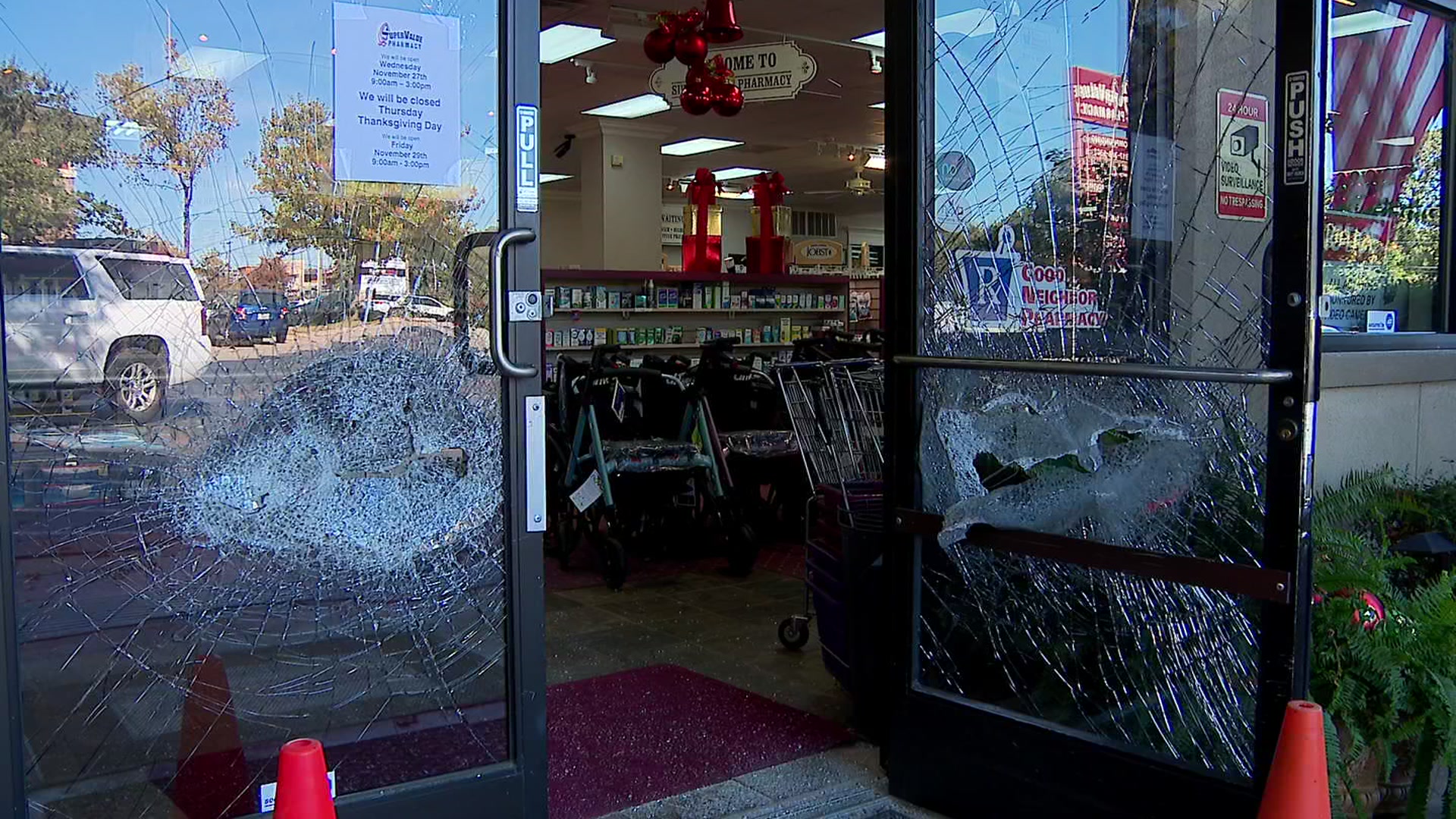Imagine boarding a plane and discovering you are seated next to a pig, a chicken or even a kangaroo.
It's happening on commercial airline flights, and some flight attendants say it's a growing threat to safety.
Passengers can pay airlines for their small pets to fly, and the animals must be placed inside a secure container.
But some people are claiming they need to fly with animals for emotional support. In those cases, the fee is waived, and the rule requiring them to be restrained does not apply.
Laura Glading, president of the American Airlines flight attendants union, says it's a growing problem.
"Just about any animal but a snake is welcome," she said.
All passengers need is a letter from a doctor.
Local
The latest news from around North Texas.
And NBC 5 Investigates found a cottage industry online of doctors willing to write such letters.
NBC Chicago producer Courtney Copenhagen logged onto one site and received a letter a week later, certifying that she was under a doctor's care and needs an animal to fly.
"I just went online," she said. "It took about three minutes, filled out a couple questions, and I got the letter."
She never saw the doctor, who was thousands of miles away, in San Diego. He did not respond to a request for an interview.
Armed with that letter, Copenhagen and her dog, Bailey — sporting a vest she also bought online — took two plane trips with no problems. She even brought along a second animal — a tortoise named Xena.
People who need real support animals aren't happy with how easy it is for people to game the system.
Greg Pullman of Chicago is blind and depends on his guide dog, Reuben.
"A lot of people go online and they just purchase these documents that aren't real and it needs to stop," he said.
Glading agreed.
"We really think there should be a little bit more oversight," she said. "It can't be a free-for-all. It's not an air ark. And it's beginning to look like that on some flights."
A spokeswoman for the airline industry said, "We trust our customers are honest in communicating their need for service assistance animal support."
She disputed that the problem is growing but acknowledged the industry does not track the numbers.



